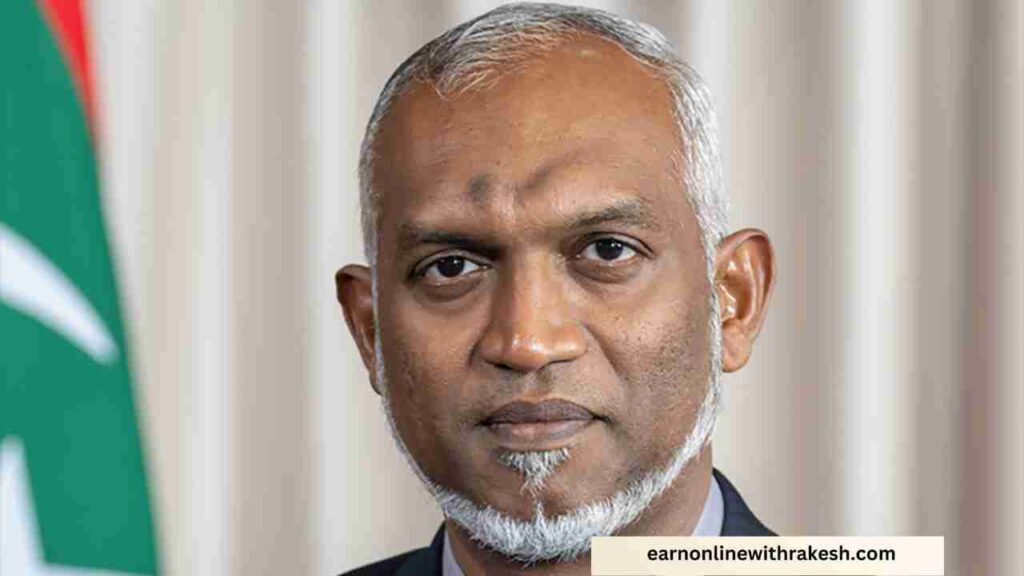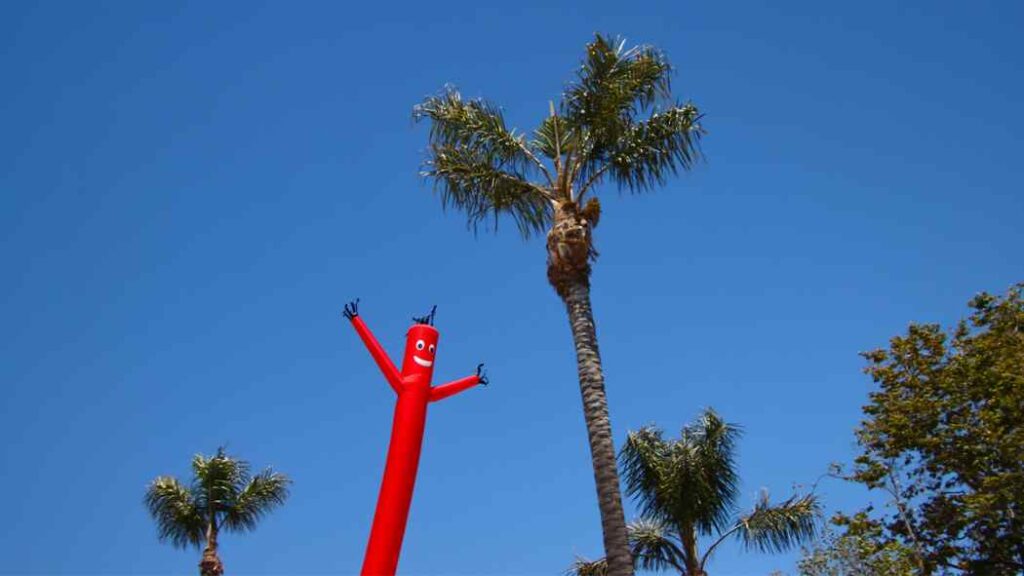India’s Tourism Rank Drops : In a significant turn of events, India has experienced a decline in its tourism standing in the Maldives, slipping from its dominant position to the sixth spot on the ‘Top 10 Markets’ list, as reported by the Maldives Ministry of Tourism on March 4. This downward trend, which commenced on January 2, coincides with the presidency of Mohamed Muizzu, who has ushered in diplomatic changes favoring China.
India’s Tourism Rank Drops in Wake of Maldives Diplomacy

Until December last year, India held sway in the Maldives tourism market with a market share exceeding 11 percent. However, from January 2, 2024, India’s rank began to slide, landing it in the third position initially, then dropping further to fifth on January 21, and finally to sixth on March 3.
ALSO READ : Ditch the Maldives for India’s Best-Kept Beach Secrets
China, in contrast, has steadily ascended the tourism charts, claiming the top spot with approximately 12 percent of total tourist arrivals as of March 5. This surge in Chinese tourism aligns with President Muizzu’s policies, marked by a notable shift in diplomatic relations.
President Muizzu wasted no time in asserting his foreign policy agenda, requesting India to withdraw its military personnel from the Maldives by May 10. Simultaneously, the Maldives inked a military pact with China, with President Muizzu disclosing that the Chinese government is prepared to extend training to the Maldives army and provide non-lethal weaponry under a military grant.
Moreover, in January, President Muizzu announced agreements with China aimed at boosting agricultural growth in the Maldives, addressing the crucial issue of food security. The Maldives government, without explicitly mentioning India, stated, “The President further remarked that the Government would end its dependence on one country for imported staple foods such as rice, sugar, and flour.”
As part of a broader review of international agreements, President Muizzu’s government has publicly declared a scrutiny of over 100 agreements signed with India by previous regimes, reflecting a reevaluation of diplomatic ties.
These developments underscore a paradigm shift in the geopolitical landscape of the Maldives, with the country recalibrating its foreign relations in favor of China, impacting not only the tourism sector but also military and economic collaborations. The repercussions of these diplomatic maneuvers are likely to reverberate across the Indian Ocean region.
FAQs: Diplomatic Shifts Impacting India’s Tourism in the Maldives
Q1: Why has India’s tourism ranking in the Maldives declined recently?
A1: India’s tourism ranking in the Maldives has witnessed a decline due to a series of diplomatic shifts initiated by Maldives President Mohamed Muizzu, favoring stronger ties with China.
Q2: When did India’s rank in the Maldives tourism charts start dropping?
A2: The decline in India’s tourism ranking in the Maldives commenced on January 2, 2024, according to reports from the Maldives Ministry of Tourism.
Q3: How has China’s role evolved in the Maldives tourism market during this period?
A3: China has steadily climbed the Maldives tourism charts, securing the top spot with around 12 percent of total tourist arrivals as of March 5. This coincides with the decline in India’s ranking.
Q4: What diplomatic measures has President Muizzu taken to strengthen ties with China?
A4: President Muizzu has signed a military pact with China, with plans for Chinese military training and non-lethal weaponry grants to the Maldives army. Additionally, agreements for agricultural growth and food security have been established between the two nations.
Q5: How has the Maldives government addressed its dependence on imported staple foods?
A5: President Muizzu’s government announced its intention to end dependence on one country, without explicitly naming India, for imported staple foods like rice, sugar, and flour. This aligns with the broader review of over 100 agreements signed with India.
Q6: What is the broader impact of these diplomatic shifts on India-Maldives relations?
A6: The diplomatic shifts in the Maldives, coupled with a review of international agreements, signal a recalibration of foreign relations. The repercussions extend beyond the tourism sector to military and economic collaborations, potentially impacting the Indian Ocean region.














